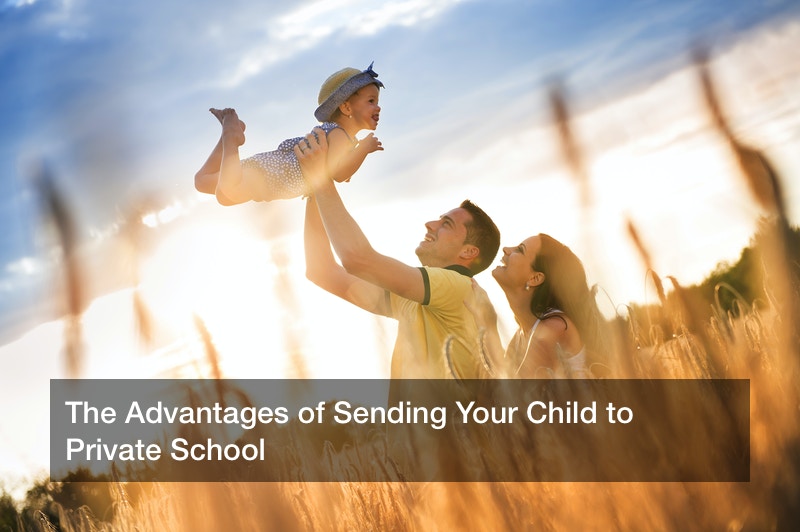
Every child needs a quality education, and schooling is a place for learning how to be a functional adult, and this comes from not just the lessons and homework but also from learning how to integrate into a social sphere and how to adjust to having superiors (the teachers), as well as getting fit in gym and P.E. classes and beyond. Sports teams and school clubs can be great ways for kids to hone or learn their skills and interests, such as the marching band, an art club, debate team, the basketball team, and more. Parents will want to send their kids to the best day schools that they can, and there are some options to choose from. Mainly, public vs private school. What are the benefits of private school education? Why look for the best private elementary schools or private high schools? The top private schools can be a real boon for the kids of parents who can afford their relatively steep tuition, and statistics have already shown the benefits of private school education. How can today’s parents find the right school for their kids?
Private VS Public
One of the general divides of American compulsory education today is private VS public, and many millions of kids attend one type or the other, but the benefits of private school education have often made themselves clear, and while graduating from a private school does not guarantee anything, a private school grad may have more opportunities than a public school graduate. The benefits of private school education may be what entice parents who can afford such a thing to send their child to private elementary, middle, or high schools in their area.
Around 25% of American schools today, or one in four, are the private type, and they charge high tuition in exchange for the quality of education there, such as the well-trained staff, the plentiful counseling services, and college preparation services. For comparison, around 21% of all public school teachers have reported that student apathy is a problem in their school, but only about 4% of private school teachers have said the same about their students. Similarly, 25% of public school teachers reported that a lack of parental involvement is a problem for their students, and by contrast, only 3% of all private school teachers have said the same thing. There is also a difference in counseling services. Counselors who work at private schools spend 55% of their time on college preparation for their students, while those working at public schools spend 22% of their time on college counseling for the students. The benefits of private school education also make themselves clear in terms of college prep and attendance; nearly 95% of those who graduate from non-parochial private schools go on to four-year post-grad institutions, which compares favorably to the 49% rate for public school graduates. Clearly, the benefits of private school education can lead a student to a solid college career if he or she wishes, and the cost of tuition there can pay of in a big way.
Finding the Right School
Whether public or private, a school must be found for a child to attend. Parents may start looking for a good school when they move into a new area or when their child first becomes old enough to start schooling, and there are some factors to consider. The parents may evaluate nearby schools based on driving distance and bus routes, as well as the funding and supplies at that school. Does a school have well-trained and experienced teachers and staff? Are there enough materials for the sports teams, clubs, and classes? The presence and quality of the sports teams and clubs may determine if a school will have enough of everything that the student will want or need there.
The student’s own input is valuable, too. A child, whether six or 16, must be able to learn well and handle the workload, and not face bullying, isolation, or undue stress from a school. A child who faces these issues will not get a good education and should be probably moved to a different one. But a happy, hard-working, socially accepted student has found the right place to learn.
